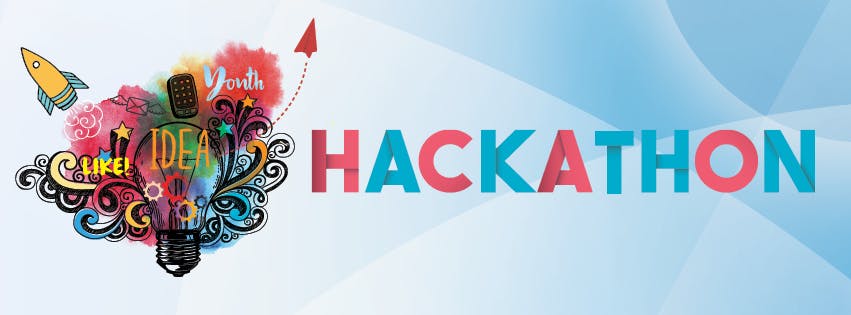Connect 3 - Definitions, jargon and Where to Find Out More
Water literacy, huh? If you don't understand some of these words how are you going to hack the water literacy literacy challenge? It's up to you to turn this jargon and information into a solution that will make people care about the future.
Definitions:
Water Literacy– to understand where our water comes from, how we use it, where it goes and what happens to it, and how water, people and the environment come together. If people understand this and are connected to water, they will be more accepting of water saving behaviours and more open to changes in the management of urban water eg using recycled water or rain water.
Water Efficiency– relates to the amount of water we use. We sometimes say WaterWise. The Water Corporation is already doing a good job at improving people’s behaviours in water use, with consumption declining over time. However, the if all we do is use less water we will still struggle to have enough water for the growing population and lowering rainfall.
Water Sources - Where people get water from. Traditional water sources are running low so we need to think carefully about where we get water for growing populations in a drying climate. Find out more in the videos of each source:
- ground water - underground, stored in soil and in aquifers
- desalination - sea water without the salt and stuff
- surface water - runs over land and collects in dams or lakes
- recycled water - converting wastewater into water that can be reused for other purposes. Reuse may include irrigation of gardens and agricultural fields or replenishing surface water and groundwater
- other new water sources - science wow
- scheme water - potable water we pay for to use that comes out of our taps, toilets and showers which is provided by the Water Corporation
- potable water - water that is safe to drink or use for food
- wastewater - is any water that has been affected by human use. Once used it then moves through the water cycle as surface runoff or into sewers
- stormwater - rain water picks up pollutants such as oils, fertilisers, pesticides, rubbish and animal waste as it washes over a developed area (rooftops, roadways, parking lots, etc.)

Jargon continued
Do you know what it really means when we say water wise, catchment, stormwater pollution, or even biodiversity?
A third or more of the sampled community members reported no understanding of the following terms: fit-for-purpose, total water cycle management, water sensitive, treatment wetlands, decentralised water supply, raingarden, biofiltration, urban heat island effect, microclimate, and riparian.
Should people know this stuff and if so how will you help them?
Consultation has concluded


